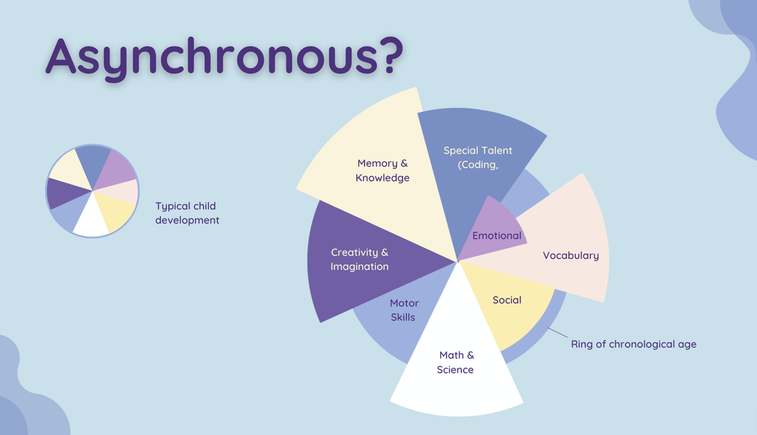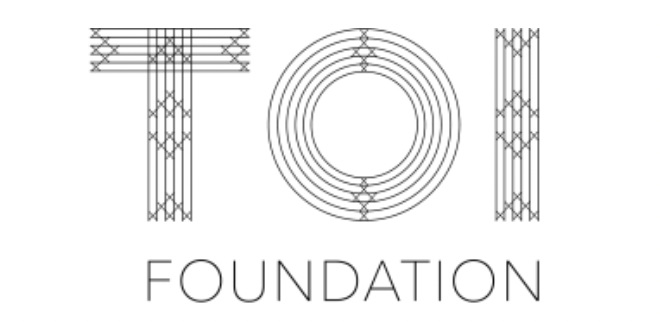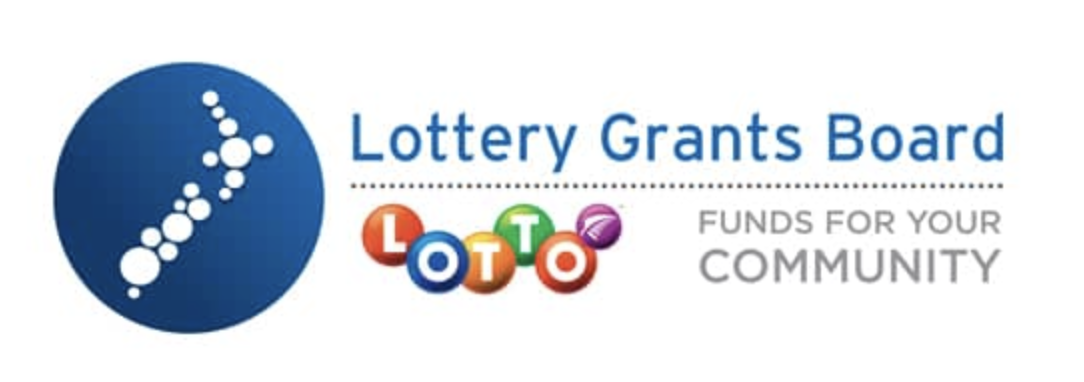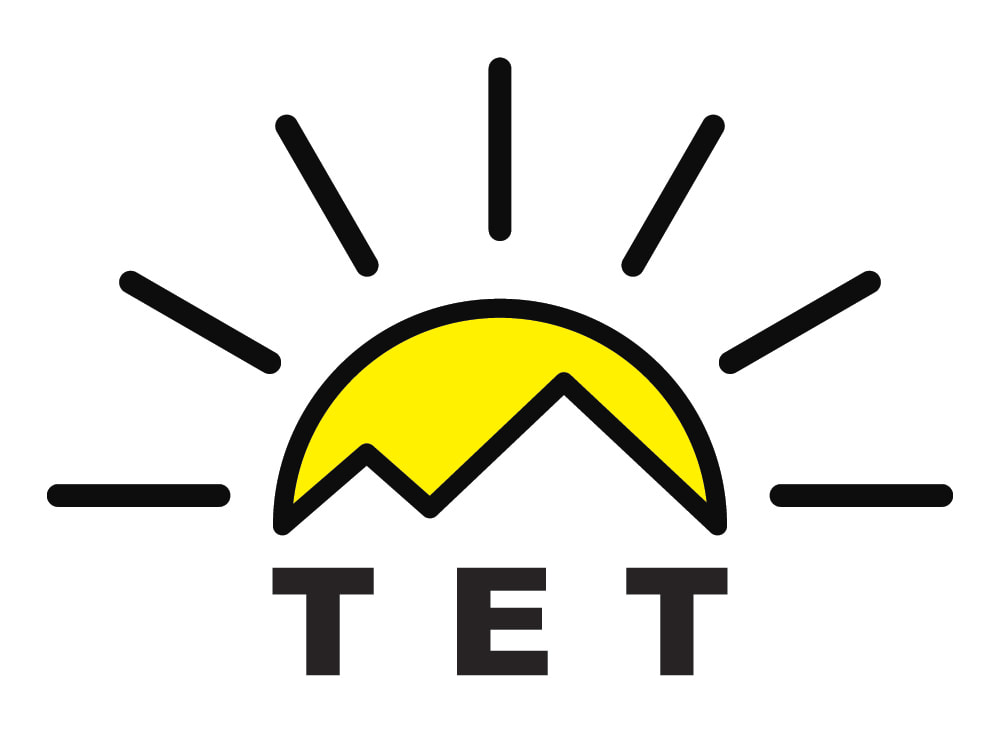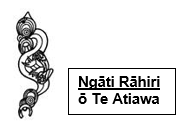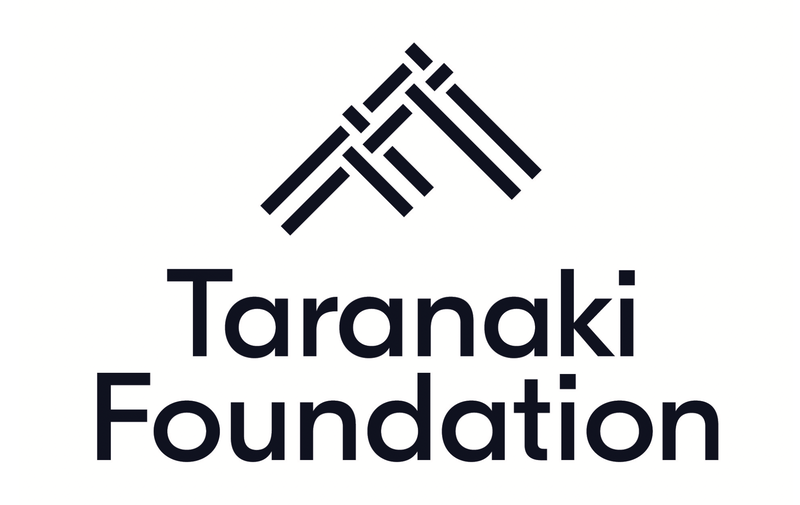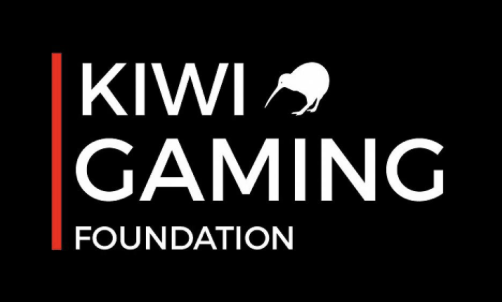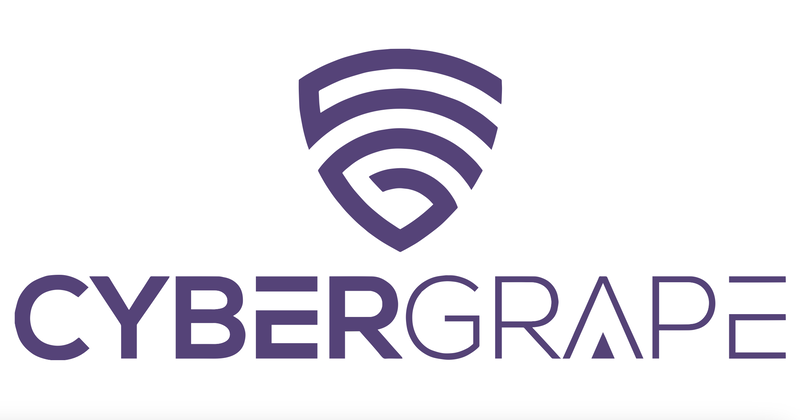How can you tell?
Gifted. That's quite a difficult word and often stirs up preconceptions of elitism, pushy parents and kids what will be successful regardless. Yet the reality for many children who fall into these 5% of our population is a lot more complex.
We here at the Head Office prefer to describe these children as exceptional, neurodiverse or advanced with complex learning needs. No matter what we call these students, they deserve and need our help.
We here at the Head Office prefer to describe these children as exceptional, neurodiverse or advanced with complex learning needs. No matter what we call these students, they deserve and need our help.
What is it?
The Columbus Group (1991) describes giftedness as:
“asynchronous development in which advanced cognitive abilities and heightened intensity combine to create inner experiences and awareness that are qualitatively different from the norm. This asynchrony increases with higher intellectual capacity. The uniqueness of the gifted renders them particularly vulnerable and requires modifications in parenting, teaching and counseling in order for them to develop optimally.”
Children who are gifted often demonstrate an advanced ability or potential in one or more specific areas when compared to others of the same age, experience or environment - and can often lag behind in their development in other areas. This is asynchronicity in action as these children are many ages at once and this makes parenting and teaching them so complex.
“asynchronous development in which advanced cognitive abilities and heightened intensity combine to create inner experiences and awareness that are qualitatively different from the norm. This asynchrony increases with higher intellectual capacity. The uniqueness of the gifted renders them particularly vulnerable and requires modifications in parenting, teaching and counseling in order for them to develop optimally.”
Children who are gifted often demonstrate an advanced ability or potential in one or more specific areas when compared to others of the same age, experience or environment - and can often lag behind in their development in other areas. This is asynchronicity in action as these children are many ages at once and this makes parenting and teaching them so complex.
|
Often gifted individuals excel in their ability to think, reason and judge, making it necessary for them to receive special educational services and support to be able to fully develop their potential and talents. Gifted children come from all different racial and ethnic backgrounds, as well as economic status. Gifted children, no matter how you define or identify them, have different educational needs than their age-peers. Their education needs to allow them to grow with their unique intellectual development. |
How can I identify them?
No two gifted children are the same, making identification often difficult. But there are signs, traits and characteristics you can look out for:
Need a quick checklist?
|
We've collected the traits and characteristics above in a simple PDF checklist, all ready for you to print and use in your classroom.
Also included is a comparison between a high achieving student versus a gifted student. |

